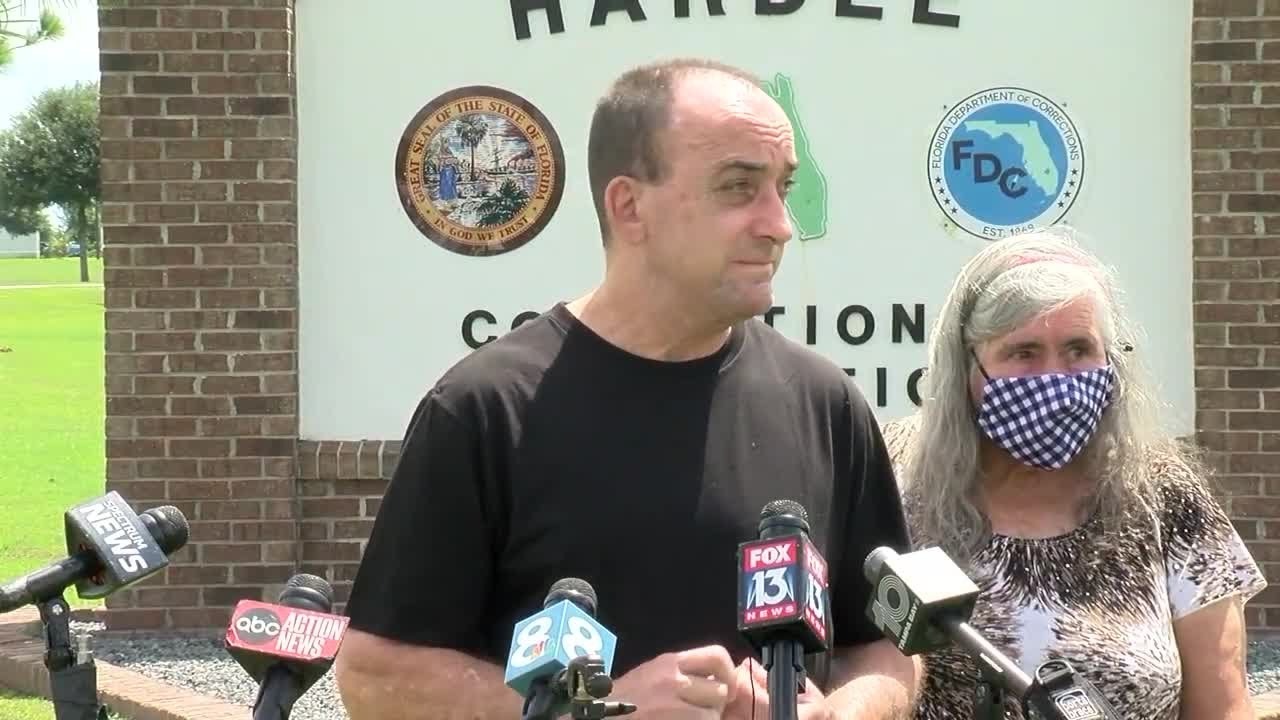The Tampa City Council’s recent decision to unanimously approve a $14 million settlement in the case of Robert DuBoise represents a significant step toward rectifying a grave miscarriage of justice.
DuBoise spent an agonizing 37 years wrongfully imprisoned for rape and murder before DNA evidence conclusively proved his innocence in September 2020.
DuBoise’s wrongful conviction stemmed from the 1983 rape and murder of 19-year-old Barbara Grams in Tampa Heights. Despite a lack of physical or circumstantial evidence connecting him to the crime, DuBoise was convicted.

Man Exonerated By DNA Evidence (Credits: EL PAÍS English)
One particularly damning piece of false evidence came from a jailhouse informant who claimed DuBoise had confessed during his time in Hillsborough County Jail.
The DNA evidence that ultimately exonerated DuBoise also led investigators to the actual perpetrators, two convicted felons, Amos Robinson and Abron Scott, who were already serving life sentences for another murder committed in Pinellas County that same year.
The $14 million settlement, to be paid over three years, is a recognition of the immense injustice suffered by DuBoise. It includes an initial payment of $9 million within thirty days of settlement execution, followed by a $3 million installment next year and the final $2 million in 2026.
Additionally, within 10 days of the initial payment, DuBoise will file to dismiss the wrongful conviction lawsuit. This settlement is not just about financial compensation; it is about acknowledging the profound impact of a wrongful conviction that robbed DuBoise of 37 years of his life.
It serves as a testament to the importance of accuracy and adherence to high standards in criminal investigations. In a statement, Tampa Mayor Jane Castor emphasized the city’s commitment to ensuring justice and expressed hope that the settlement would aid DuBoise in his healing process.
Chief of Police Lee Bercaw echoed these sentiments, highlighting advancements in training and technology that have enhanced the department’s investigative capabilities.
During the city council meeting, council member Charlie Miranda poignantly reflected on DuBoise’s ordeal, asking members to consider the unimaginable anguish of spending 14,600 days behind bars for a crime one did not commit.
The settlement in Robert DuBoise’s case serves as a reminder of the profound impact of wrongful convictions and the importance of ongoing efforts to reform the criminal justice system.
It is a step towards accountability and healing, but it also highlights the need for continued vigilance to prevent such injustices in the future.























